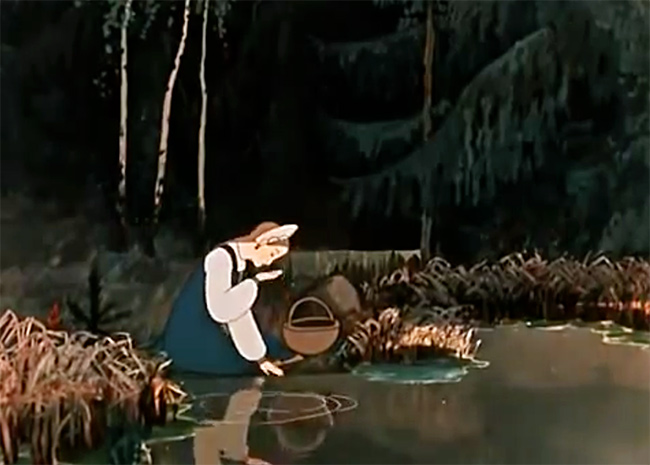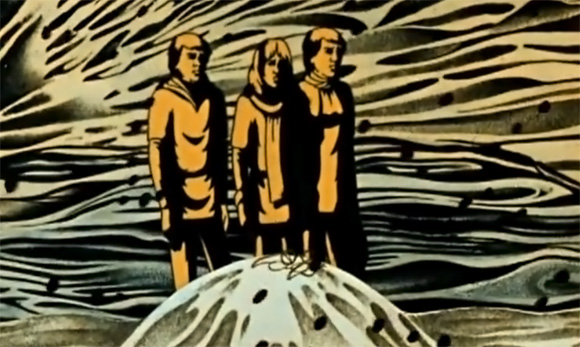Adam Curtis makes fascinating documentary films for the British Broadcasting Corporation. This one is about the manipulation of memory, or the attempt to manipulate it, by governments during the Cold War era. It features several scientists and psychology experts who worked for either the U.S. or Soviet governments trying to figure out how to control minds.
I post the work of Curtis because his filmmaking is actually quite a lot like my own in several ways. This film bears a relationship to my latest film, Yellow Plastic Raygun, which is also about memory and how it influences the future. Curtis dwells in the domain of documentary, a form that I have serious misgivings about, while I dwell in the domain of art – or direct mind control if you will! I like Curtis’ use of corporate, military, instructional, and entertainment films as his raw visual material. He mixes it up with what is actually a rather simplistic script relating information that is not especially insightful. The film seems to suggest something more under the surface because of its imagery which often bears no relationship whatsoever to the information being related by the voice-over. This is a tricky area for documentary that brings it perilously close to the realm of art. You don’t quite know what it is that you are actually watching. I like that but I also distrust it. But Curtis appears to me to be making a documentary about his own feelings and artistic interpretations of the factual material. He is not trying to teach or inform at all. He is simply trying to create an impression. The words of the documentary could be replaced with gibberish. In fact, it would probably be a slightly better film if they were!
The Living Dead – Part 1 (watch the next 5 parts after the jump)
Memory is perhaps the single most important quality of existence. We are simply memory machines walking around and recording. All of our activities point toward an ever-increasing ability to record and remember. We are building memory. The idea, pursued in the first half of this documentary, of wiping out unpleasant memories that are assumed to be destroying the health of an individual, seems to me to be misguided and foolish. I have always viewed it as the job of every human to be able to stare straight into the most horrific scene, remember it, and not allow it to take control. Very simple. You must be able to look at anything… and continue to eat your ice cream.
Continue reading …
.

